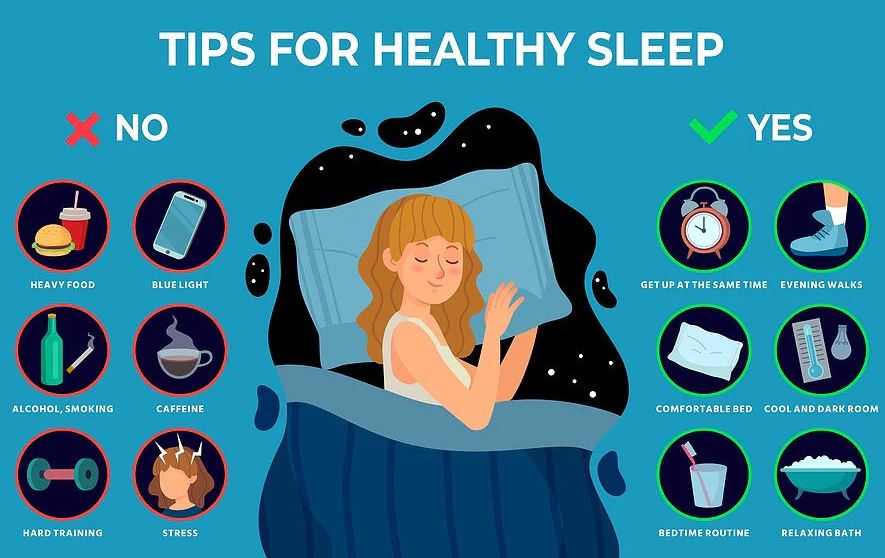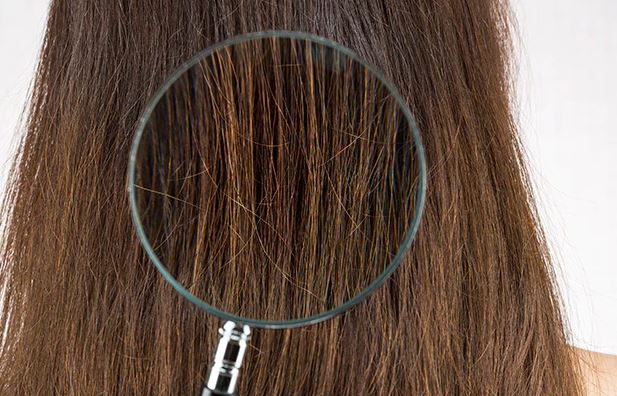The importance of a good night's sleep and tips for better sleep hygiene | |

| |
Sleep plays a vital role in our overall health and well-being. It is a restorative process that allows our bodies and minds to recharge, repair, and rejuvenate. Unfortunately, many individuals struggle with getting quality sleep due to various factors, such as stress, lifestyle habits, or sleep disorders. In this article, we will explore the importance of a good night's sleep and provide valuable tips for better sleep hygiene to help you optimize your sleep and wake up feeling refreshed. Understanding the Importance of Quality SleepQuality sleep is essential for numerous aspects of our health and functioning. Here are some key reasons why a good night's sleep is crucial:
Tips for Better Sleep HygieneImplementing healthy sleep habits and practicing good sleep hygiene can significantly improve the quality and duration of your sleep. Here are some effective tips to promote better sleep: 1. Establish a Consistent Sleep ScheduleGo to bed and wake up at the same time every day, even on weekends. This helps regulate your body's internal clock, making it easier to fall asleep and wake up naturally. Consistency in your sleep schedule reinforces a healthy sleep-wake cycle. 2. Create a Calming Bedtime RoutineDevelop a relaxing routine before bed to signal to your body that it's time to unwind and prepare for sleep. This can include activities such as reading a book, taking a warm bath, practicing relaxation techniques, or listening to soothing music. Avoid stimulating activities and bright screens close to bedtime. 3. Create a Sleep-Friendly EnvironmentMake your bedroom a haven for sleep by creating a cool, dark, and quiet environment. Use blackout curtains or an eye mask to block out light, earplugs or a white noise machine to minimize noise disturbances, and a comfortable mattress and pillows that suit your preferences. 4. Limit Exposure to Electronics Before BedThe blue light emitted by electronic devices can interfere with the production of melatonin, the hormone that regulates sleep. Avoid using electronic devices such as smartphones, tablets, and computers for at least an hour before bed. Consider using a blue light filter or night mode if you need to use these devices. 5. Avoid Stimulants and Heavy MealsLimit the consumption of caffeine, nicotine, and alcohol, especially close to bedtime. These substances can disrupt sleep patterns and make it harder to fall asleep. Additionally, avoid heavy meals or large amounts of fluids before bed to prevent discomfort and nighttime trips to the bathroom. 6. Manage Stress and Establish Relaxation TechniquesStress and anxiety can significantly impact sleep quality. Prioritize stress management techniques such as practicing mindfulness, deep breathing exercises, yoga, or journaling. Engaging in relaxation techniques before bed can help calm the mind and prepare you for restful sleep. Frequently Asked Questions (FAQs)1. How many hours of sleep do I need?The recommended amount of sleep varies depending on age and individual needs. Most adults require 7-9 hours of sleep per night, while teenagers need around 8-10 hours, and younger children and infants require even more. It's important to listen to your body's signals and ensure you're getting enough rest to feel refreshed and energized during the day. 2. What should I do if I can't fall asleep?If you're having trouble falling asleep, try getting out of bed and engaging in a relaxing activity until you feel sleepy. Avoid looking at the clock or worrying about not sleeping, as this can increase anxiety. Establish a consistent sleep routine and consult a healthcare professional if sleep difficulties persist. 3. Are naps beneficial for sleep?Short power naps can be beneficial for some individuals, especially if they're feeling fatigued during the day. However, it's important to limit naps to 20-30 minutes and avoid napping too close to bedtime, as it can interfere with nighttime sleep. 4. How can I manage jet lag and shift work sleep disturbances?To manage jet lag, gradually adjust your sleep schedule to match the time zone of your destination before you travel. Exposure to natural light and staying hydrated can also help reset your internal clock. For shift work, establish a consistent sleep routine, create a dark and quiet sleep environment, and consider using light-blocking curtains or a sleep mask. 5. Can exercise improve sleep quality?Regular exercise can promote better sleep quality. Engaging in physical activity during the day can help regulate your sleep-wake cycle and promote feelings of tiredness at night. However, avoid vigorous exercise too close to bedtime, as it can have an energizing effect. 6. When should I seek professional help for sleep issues?If you consistently struggle with sleep difficulties, such as insomnia, excessive daytime sleepiness, or snoring, it's advisable to consult a healthcare professional or a sleep specialist. They can assess your sleep patterns, identify any underlying sleep disorders, and provide appropriate treatment options. ConclusionPrioritizing a good night's sleep is essential for overall health, well-being, and optimal functioning. By implementing the tips for better sleep hygiene mentioned above, you can establish healthy sleep habits and create an environment conducive to restful sleep. Remember that quality sleep is an investment in your physical health, mental clarity, and emotional balance. Make sleep a priority and enjoy the benefits of waking up refreshed and ready to embrace each day. | |
| Category: Wellness | |
| Total comments: 0 | |









